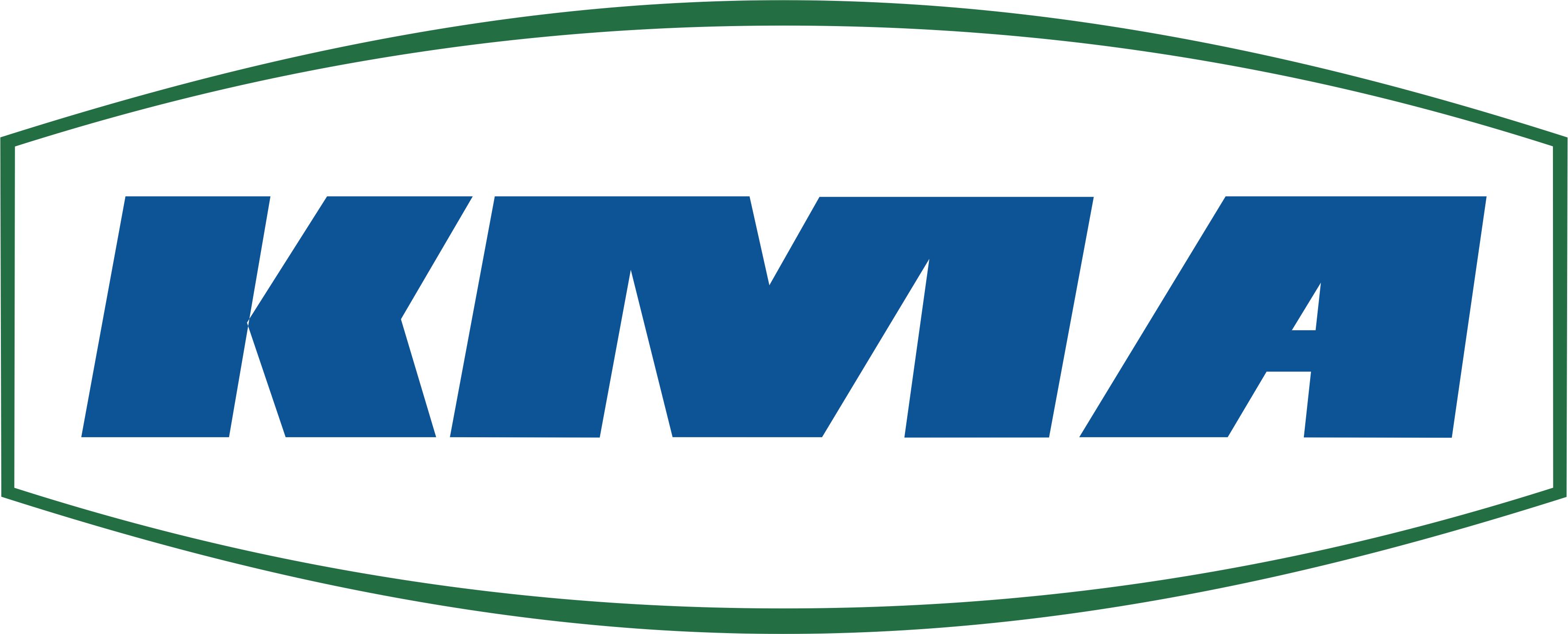Volatile organic compounds (VOC)
Volatile organic compounds (VOC)
VOC are substances containing carbon, like hydrocarbon, alcohol, aldehyde or even numerous organic acids. In industrial productions the exhaust air stream contains VOCs as gases or vapors.
Volatile organic compounds are classified in two classes depending on their boiling range: Very Volatile Organic Compounds (VVOC) and Semi-Volatile Organic Compounds (SVOC). The total of all VOCs collected in the production exhaust air is reflected in the TVOC value. TVOC stands for Total Volatile Organic Compounds.
VOCs can arise at various points throughout the production process. Most VOCs are formed during technical processes in addition to biological processes such as metabolic or decomposing processes. This happens in particular during thermal production steps, like the incomplete combustion of liquid or paste-like products. During these steps VOCs are volatile by-products bound in emulsion or oil mist. Furthermore, VOCs are also the result of organic-chemical reactions. They occur when oxygen, ozone or water react with a natural ingredient, e.g. wood or oils. This happens during industrial production processes like smoking, frying or roasting.
As the production exhaust air contains various VOCs, VOC are subject to the legal guidelines regulating pure air quality. Exhaust air purification is subject to strict legal requirements. Due to comprehensive legal requirements, it is essential to efficiently extract VOCs from the production exhaust air. The degree and way of exhaust air purification depends on the degree of contamination, the production plant and the customer requirements. Electrostatic exhaust air purification systems with a gas scrubber, bio filter, activated carbon filter or UV light module can be used in addition to conventional thermal oxidation methods. Looking back on more than 60 years of experience, KMA Umwelttechnik is an expert for professional exhaust air purification in various industries. The modular design of KMA exhaust air filtration systems allows a high-grade exhaust air purification – specifically adapted to the exhaust air requirements. KMA exhaust air filtration systems are characterized by their high energy efficiency – combined with a heat recovery system, the systems recuperate valuable waste heat from the exhaust air stream for subsequent production processes.







